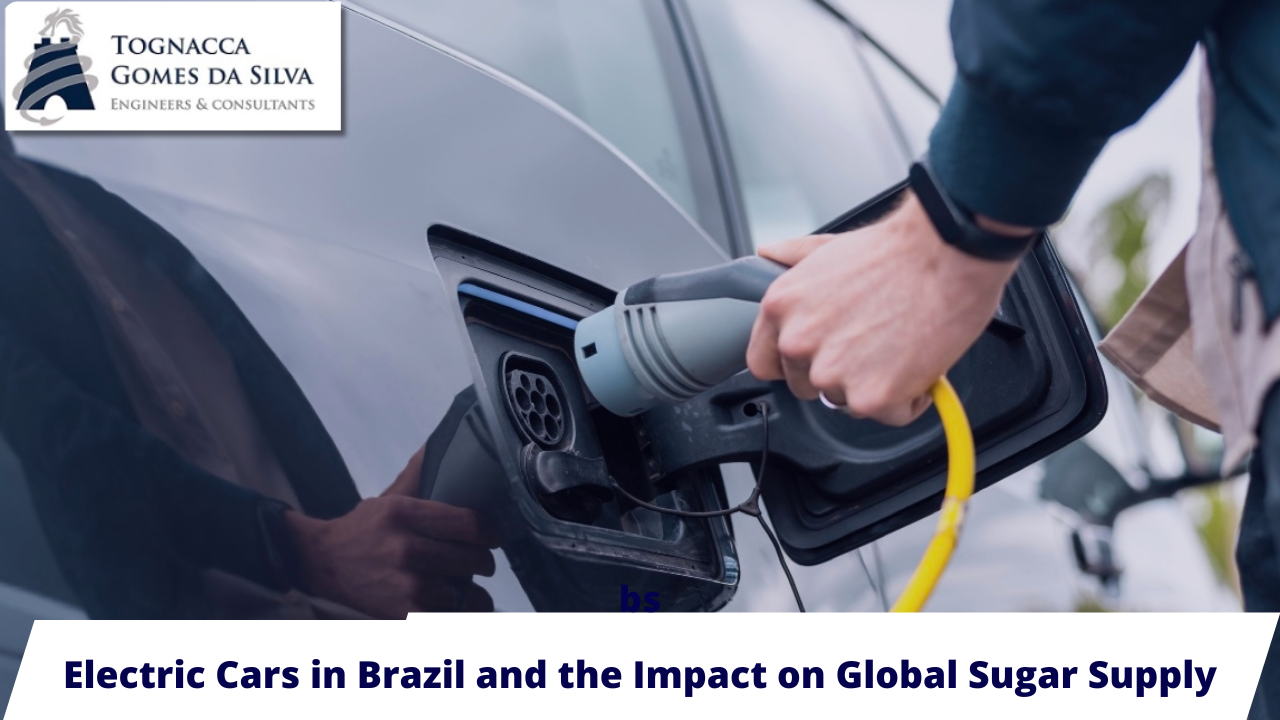by G.T. Carvalho, Digital Agro
Brazil’s transition to electric cars is set to impact the global sugar market by reducing demand for agricultural biofuels such as ethanol. A study led by an influential industry executive reveals that Brazilian mills, known for being the largest exporters of sugar, will have to increase sugar production at the expense of ethanol. This shift could have negative effects on sugar markets in countries such as Thailand and India. Let’s take a look at how the transition to electric vehicles could affect global sugar supply in the coming years.
Impact of Electric Cars on Ethanol Demand
The study predicts that demand for ethanol in Brazil will begin to decline from 2030 as electric vehicles become more popular. It expects that by 2035, ethanol demand could fall by around 40% and by 2040, it could be reduced by a further 20%. This significant reduction in ethanol demand will put Brazilian mills in a challenging position, forcing them to produce more sugar.
Challenges for the World Sugar Market
Increased sugar production in Brazil as a result ofdecreased demand for ethanol may cause global surpluses of the product and consequently reduce sugar prices. Countries such as Thailand and India, which have higher production costs, will be particularly affected. Companies like Raízen Energia and BP, which have invested in ethanol production, will also face challenges.
Brazilian Mill Flexibility and Price Volatility
Historically, Brazilian mills have been able to quickly switch production between sugar and ethanol, helping to balance the sugar market in times of surplus. However, with the shift to electric cars, this flexibility will be hampered, leading to more volatile prices in the sugar market.
Speed of Change in Electric Cars
The impact of electric car adoption in Brazil will depend on the speed of the transition. The study suggests that in the worst-case scenario, plug-in hybrid cars will prevail in the country due to the advancement of private transportation apps.
Brazil’s transition to electric cars could have a significant impact on global sugar supply, leading to higher sugar production and lower demand for ethanol. This shift could cause challenges for the world sugar market and result in more volatile prices. Brazilian mills will need to adapt to this new reality and the industry as a whole will have to seek solutions to cope with the growth in demand for electric cars in the coming years.



